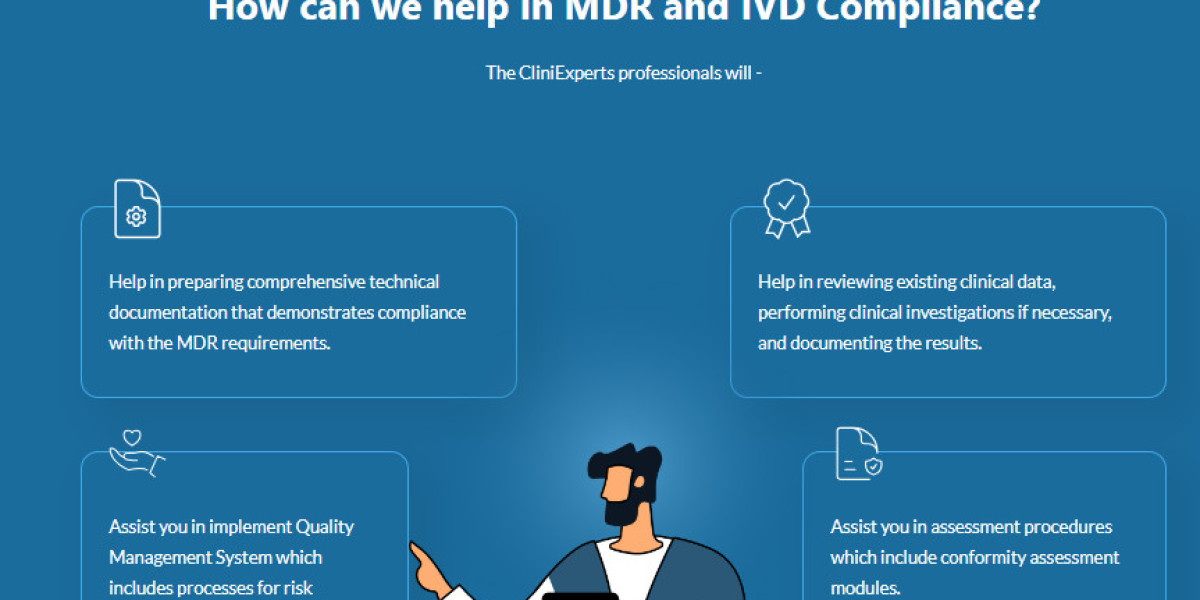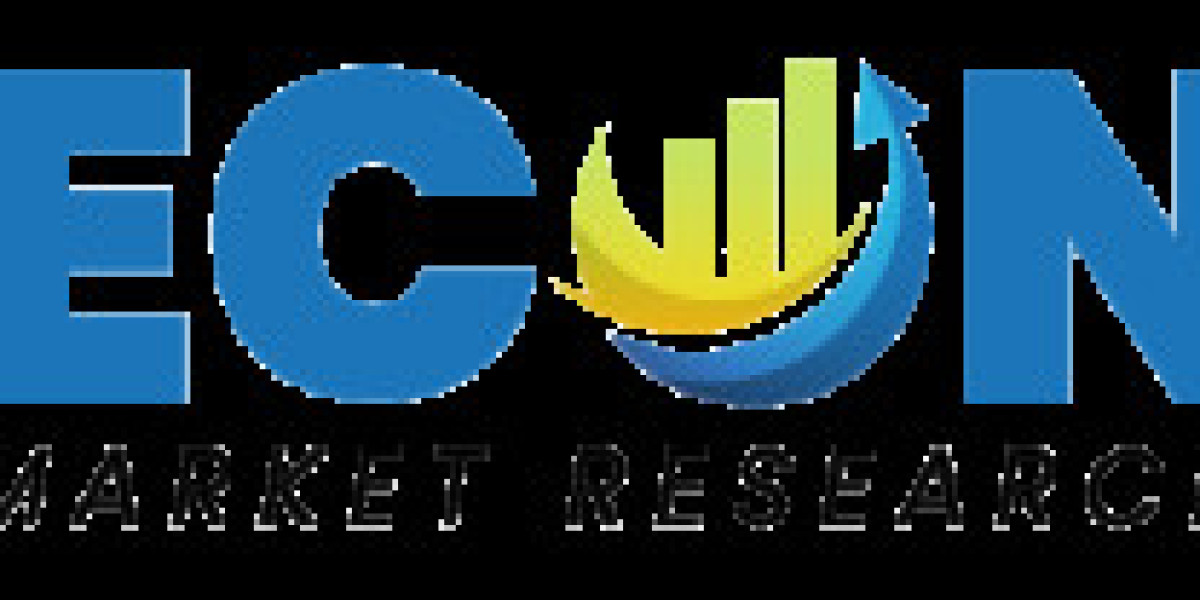Navigating the Intricacies of EU Medical Device Consulting: Ensuring Compliance
Introduction
The European Union (EU) medical device market stands as one of the largest and most stringent globally. Manufacturers face the challenge of adhering to complex regulations, notably the EU Medical Devices Regulation (MDR) (2017/745) and the EU In Vitro Diagnostics Regulation (IVDR) (2017/746). This article explores the intricacies of medical device registration in the EU and offers guidance on achieving MDR compliance.
Understanding the Regulatory Environment
The regulatory landscape for EU CE Marking Medical Devices Consulting is dynamic and continually evolving. Consultants must remain abreast of the latest regulations, including amendments and interpretations. Key aspects include:
Classification: Accurately classifying devices based on intended purpose and risk level is pivotal, determining specific compliance requirements across four risk categories.
Clinical Evaluation: Robust clinical evidence demonstrating safety and effectiveness is imperative for market access, varying with device class.
Risk Management: Implementing a comprehensive risk management system to identify, assess, control, and monitor potential risks throughout the device lifecycle is mandatory.
Technical Documentation: Maintaining thorough documentation detailing design, development, manufacturing, and risk management processes is crucial for compliance.
Post-Market Surveillance: Establishing a robust system for continuous monitoring of device performance and identification of potential safety issues is essential.
Challenges of EU Medical Device Consulting
Navigating the complexity of regulations poses challenges for consultants, including:
Complexity: The volume and intricacy of regulations can overwhelm even experienced consultants.
Continuous Updates: Keeping pace with frequent regulatory changes requires ongoing learning and adaptation.
Interpretation and Application: Accurately interpreting and applying regulations to specific devices can be challenging due to ambiguity.
Resource Constraints: Smaller companies may lack the expertise and resources needed for complex compliance processes.
Ensuring Compliance
For a strategic approach to ensure compliance, companies should:
Engage Early: Partner with qualified consultants early in the development process for proactive compliance planning.
Select the Right Consultant: Choose consultants with expertise in EU medical device regulations and understanding of specific device types.
Develop a Comprehensive Strategy: Collaborate on a tailored compliance strategy addressing all regulatory requirements.
Maintain Communication: Ensure clear and consistent communication between consultants, internal teams, and notified bodies.
Document Everything: Thoroughly document all processes, decisions, and justifications throughout development and compliance.
Embrace Improvement: View compliance as an ongoing process, continuously seeking opportunities for improvement.
Benefits of EU Medical Device Consulting
Utilizing consultants offers several benefits:
Reduced Risk: Consultants identify and mitigate compliance risks, saving time and resources.
Faster Market Access: Consultants expedite market authorization by ensuring compliance from the outset.
Enhanced Safety: Consultants guide companies in implementing robust risk management practices for safer products.
Improved Quality Systems: Consultants establish effective quality management systems fostering continuous improvement and compliance.
Conclusion
Navigating EU medical device consulting demands expertise, planning, and commitment. By partnering with qualified consultants and implementing comprehensive compliance strategies, manufacturers can ensure patient safety, gain market access, and achieve long-term success in the EU market.



